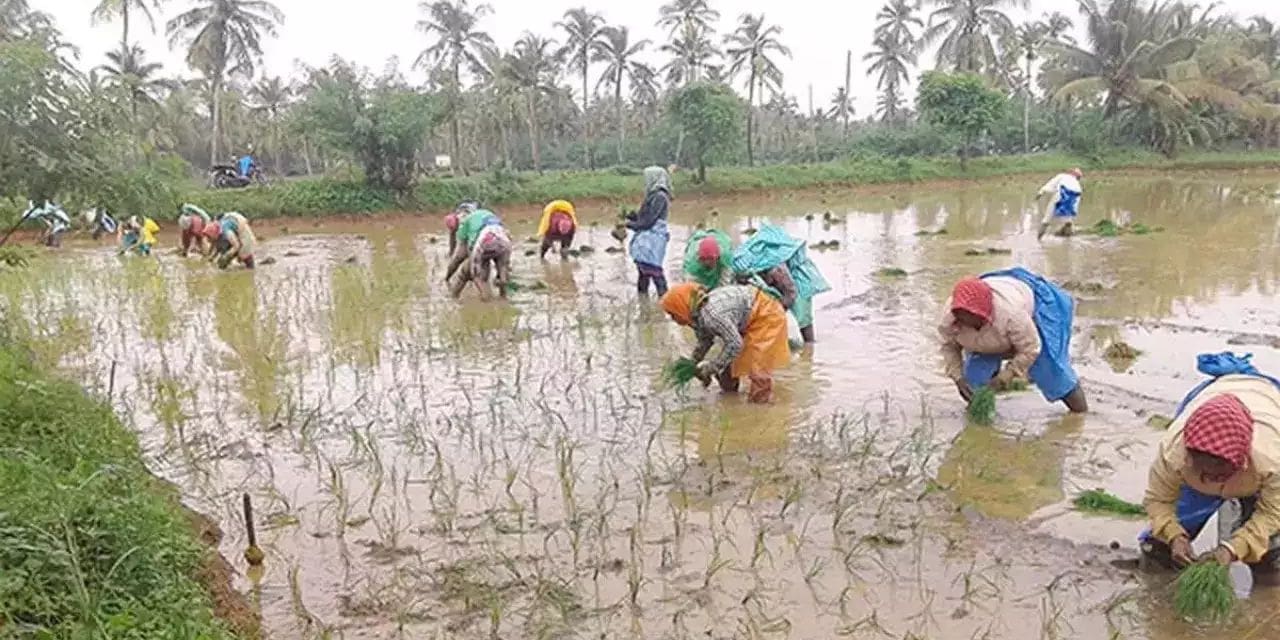Farmers in Maharashtra may have to replant their fields. seeding in some places as the July 15 sowing window approaches and barely 13% of the kharif sowing was finished as of July 4.
This circumstance resulted from the monsoon’s lack of rainfall. Yavatmal farmer Anmol Raut informed TOI that in some areas of the area, resowing of crops including cotton and soyabean has already become necessary due to water constraint.
Crop germination has been negatively impacted by the lack of water, and has decreased by 20–30% or more as a result. The majority of farmers in the area rely on rainwater for their kharif crops. Its absence has interfered with germination.
According to Raut, seeding after 15 July could have a substantial impact on the output of various kharif crops since less rain would fall in the months that follow and because the weather won’t be conducive to healthy growth.
Another agriculture expert stated, “Farmers may need to stop sowing certain crops, such as black gramme, green gramme, and cotton, after July 15. Although soyabean can still be planted after this window, the harvest will be delayed and productivity might be affected.
After July 15, the expert warned, “Sowing cotton, pigeon pea, black gramme, and green gramme can significantly impact productivity due to the increased pest attacks.”
Single crops like cotton, soyabean, and pigeon pea have a planting window of June 15–July 15, according to Kailas Dakhore, an agro-meteorologist at Vasantrao Naik Marathwada Agricultural University who has been supporting the state agriculture department in giving warnings to farmers. If any of these crops need to be planted between July 16 and July 31, an intercropping pattern must be used. It is preferable to avoid planting groundnut, green, or black gramme after July 7. Similar restrictions apply to the solo sowing of cotton, soybean, and pigeon pea after July 15.

